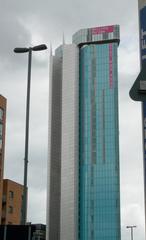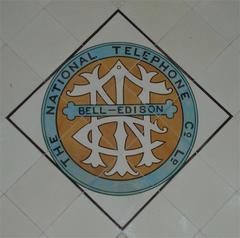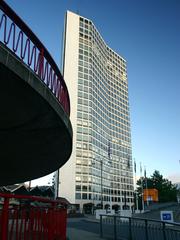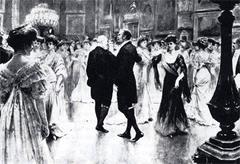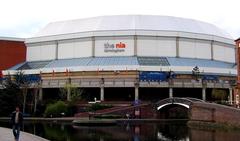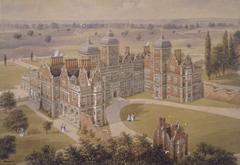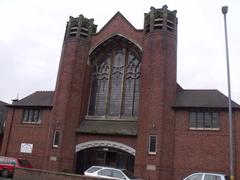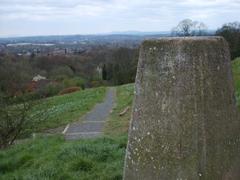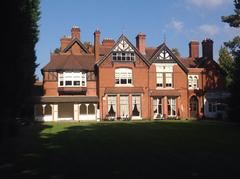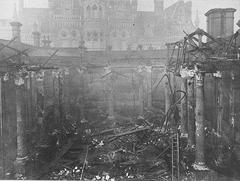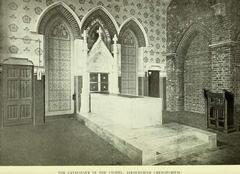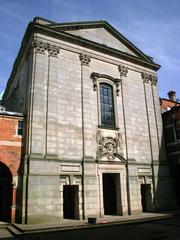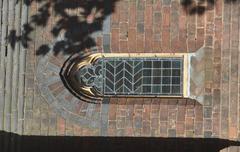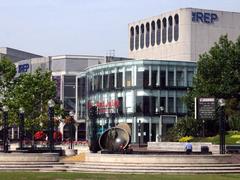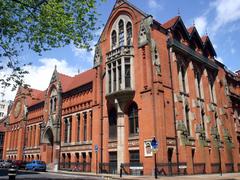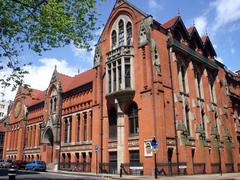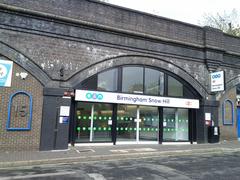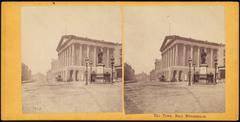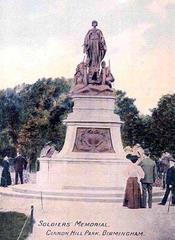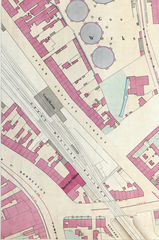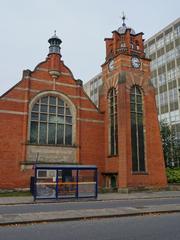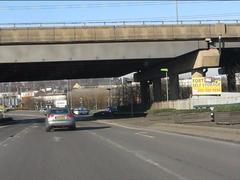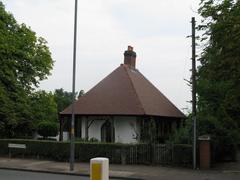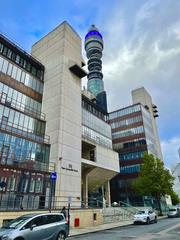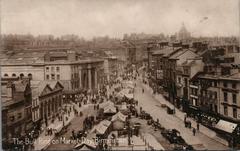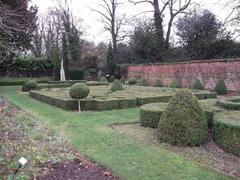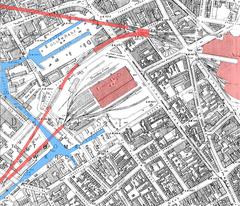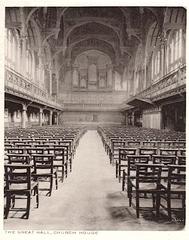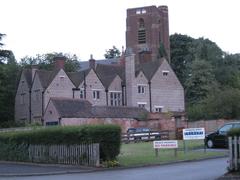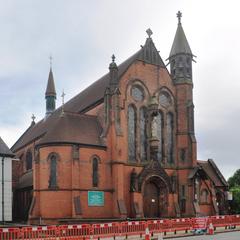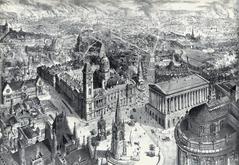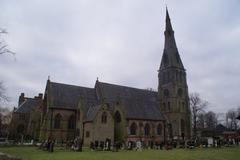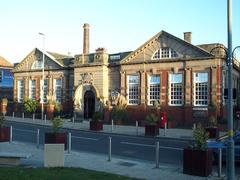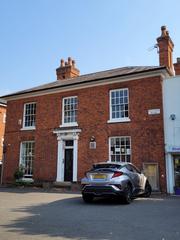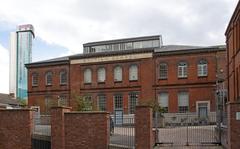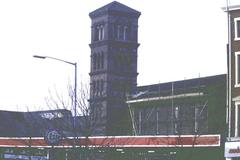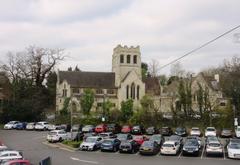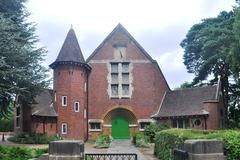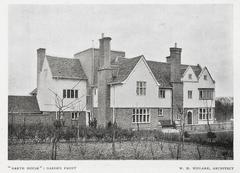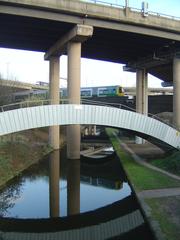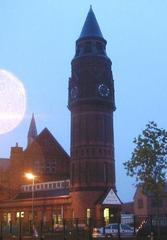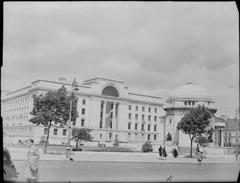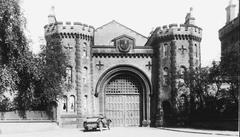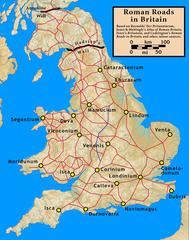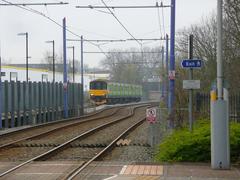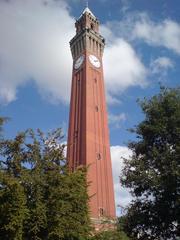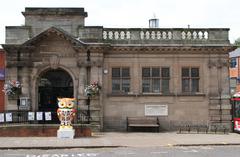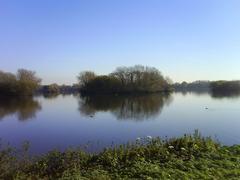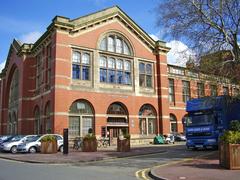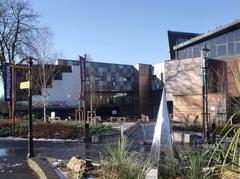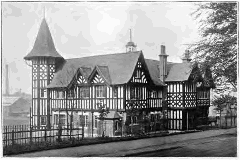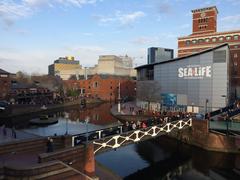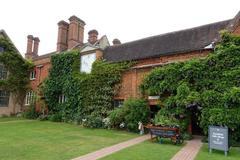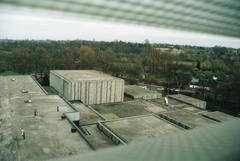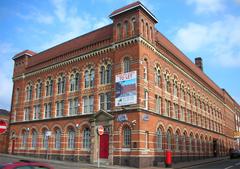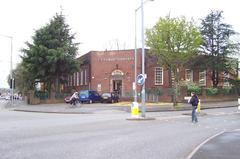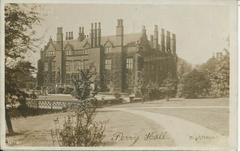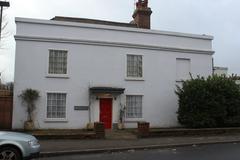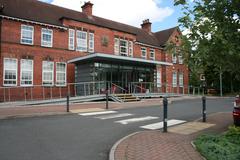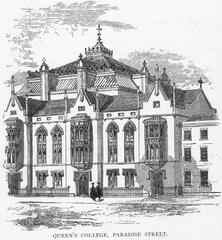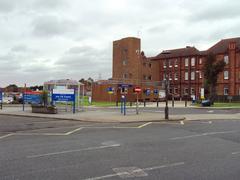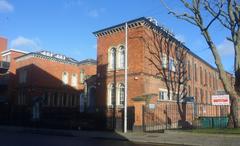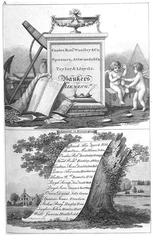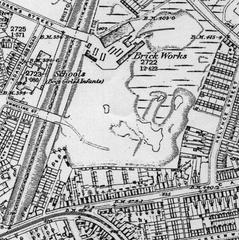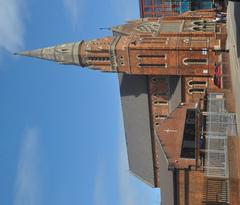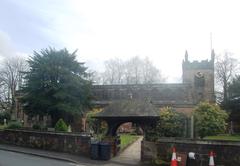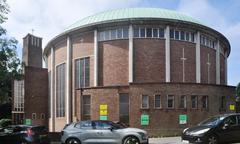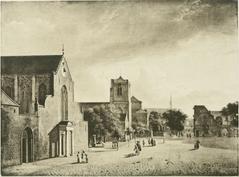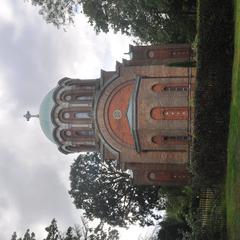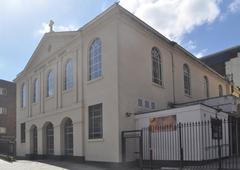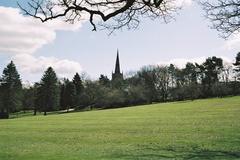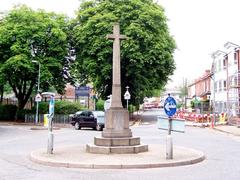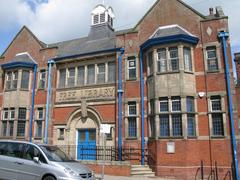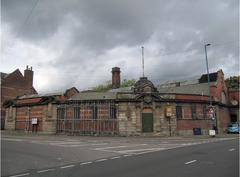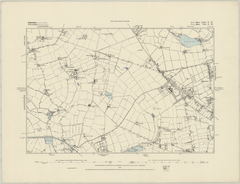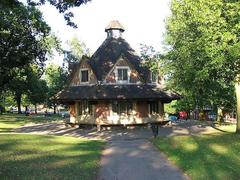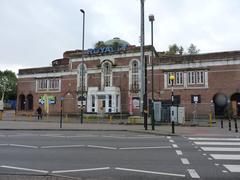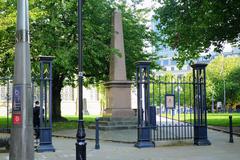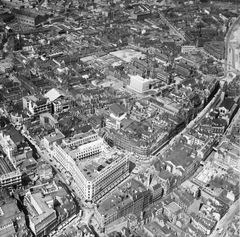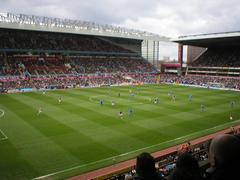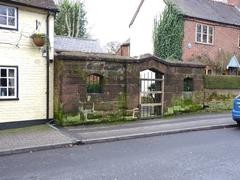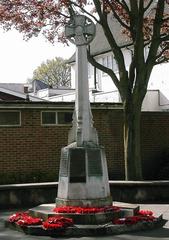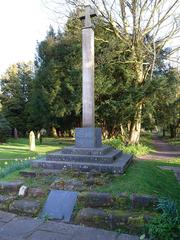Brighton Road Railway Station Birmingham: Visiting Hours, Tickets, and Travel Guide
Date: 04/07/2025
Introduction
Brighton Road Railway Station, nestled in Birmingham’s vibrant Balsall Heath area, is a remarkable chapter in the city’s railway history. Though no longer operational since its closure in 1941, its legacy endures as part of Birmingham’s broader transport evolution. With increasing discussion around the Camp Hill Line’s revival and proposals to reopen stations—including one serving Balsall Heath—Brighton Road remains a focal point for railway enthusiasts, historians, and local residents interested in the city’s rich heritage and future mobility.
This detailed guide offers a comprehensive look at Brighton Road Railway Station’s origins, historical significance, current status, travel tips, and prospects for reopening. Whether you’re a history buff, local commuter, or visitor exploring Birmingham’s past and future rail developments, this guide covers essential information, practical advice, and nearby attractions.
For further details, check official resources: (Rail Around Birmingham, West Midlands Railway, Network Rail).
History and Legacy
Origins and Construction (1875)
Opened in 1875, Brighton Road Railway Station was part of the Midland Railway’s Camp Hill Line, strategically positioned to serve the growing suburbs south of Birmingham’s city centre. The station’s functional wooden platforms and modest facilities reflected the era’s rapid urban and industrial expansion, supporting the development of Balsall Heath and its neighboring communities.
Early Operations and Community Role
Brighton Road quickly became a commuter hub, connecting Balsall Heath and Moseley with Birmingham’s centre. Under early station master John Bagwell’s stewardship (1876–1907), the station played a pivotal role in local commerce and daily travel, helping foster suburban growth and linking residents to the wider rail network.
Architectural Features
The station’s utilitarian design, characterized by wooden platforms and simple passenger amenities, was typical of late 19th-century suburban stations. Track-level access from Brighton Road made the site convenient but, after closure, contributed to the complete removal of original structures. Today, the station site is repurposed and largely inaccessible, with no visible remnants of its past.
Wartime Closure and Decline
On 27 January 1941, Brighton Road closed to passenger services due to wartime economy measures, alongside other Camp Hill Line stations. Unlike a few peers, it never reopened, shifting local travel to buses and trams and marking the end of an era for Balsall Heath’s rail connectivity.
Post-Closure and Urban Transformation
After closure, the station’s structures were dismantled, and the site integrated into the evolving urban landscape. Though the physical station has vanished, its legacy persists in historical records, photographs, and the memories of local communities.
Contemporary Relevance and Future Prospects
Revival of the Camp Hill Line
Recent years have seen renewed interest in restoring passenger services along the Camp Hill Line, with plans to reopen nearby stations such as Moseley, Kings Heath, and Hazelwell (Pineapple Road). Government funding and local advocacy have propelled these projects, targeting improved urban mobility and sustainable transport solutions. While Brighton Road Station remains closed, proposals for a new station in Balsall Heath are under review, with the original site being a potential location (Network Rail Long-Term Planning).
Strategic Importance
Reviving a station at or near Brighton Road would address long-standing transport gaps, support economic regeneration, and connect thousands of residents with Birmingham’s city centre. The project aligns with citywide initiatives for sustainable urban mobility and network resilience.
Visiting Today: What You Need to Know
Site Access and Visiting Hours
- Brighton Road Station is closed and inaccessible to the public. There are no visitor hours, ticketing services, or tours available at the site.
- The location is currently occupied by commercial premises and overgrown railway land.
- Do not attempt to access the site directly—it is both unsafe and illegal to trespass on railway property.
Viewing and Heritage Exploration
- Enthusiasts can observe the area from public roads and footpaths nearby but should respect all barriers and private property.
- For a more immersive experience, explore Rail Around Birmingham’s collection of maps, photographs, and historical resources.
Nearby Attractions
While direct access to Brighton Road Station is not possible, consider visiting these nearby sites:
- Kings Heath, Pineapple Road, and Moseley Village Stations: Newly rebuilt and reopening soon, these stations offer insight into the Camp Hill Line’s revival.
- Cannon Hill Park and Moseley Park: Popular green spaces ideal for leisure and recreation.
- Birmingham’s city centre stations (New Street, Snow Hill, Moor Street): Architectural and historical landmarks with easy access to local attractions.
Accessibility and Travel Tips
Accessibility
- As Brighton Road Station is not currently open, there are no accessibility features at the site.
- Reopened stations on the Camp Hill Line will feature full step-free access, secure cycle storage, and modern passenger facilities.
Travel Advice
- Use local bus routes or the soon-to-open stations for access to Balsall Heath and south Birmingham.
- Plan journeys using real-time updates from West Midlands Railway and Network Rail.
Safety and Responsible Exploration
- Do not trespass on railway land or derelict sites.
- Observe the area from public vantage points and comply with all posted signage.
- For railway heritage experiences, visit local museums or join guided heritage walks offered by Birmingham history groups.
Frequently Asked Questions (FAQ)
Q: Is Brighton Road Railway Station open to visitors?
A: No, the station has been closed since 1941 and is not accessible to the public.
Q: Are there plans to reopen a station at Brighton Road?
A: There are ongoing proposals for a new station serving Balsall Heath as part of the Camp Hill Line project, but no confirmed date or site has been finalized yet.
Q: Where are the nearest operational stations?
A: Kings Heath, Pineapple Road, and Moseley Village stations (opening soon); Birmingham New Street, Snow Hill, and Moor Street stations are already operational.
Q: Can I buy tickets for Brighton Road Station?
A: No, as the station is not operational. Use other stations on the network for ticketing.
Q: Are there railway heritage sites nearby?
A: Yes. Explore the Camp Hill Line’s reopened stations, as well as museums and historical sites in Birmingham.
Summary of Key Points
- Brighton Road Railway Station is closed and inaccessible, with no remaining original structures.
- Plans for reopening passenger rail services in the area are underway, but no timeline for Brighton Road itself has been set.
- Nearby stations and the Balsall Heath area offer opportunities for exploring Birmingham’s railway heritage.
- Always respect safety regulations and avoid trespassing on railway property.
Further Resources and Official Links
- Rail Around Birmingham
- West Midlands Railway
- Network Rail
- BirminghamWorld
- Railway Heritage Trust
- National Rail
Call to Action
Stay updated on Birmingham’s rail developments by following official transport channels and exploring related heritage resources. Download the Audiala app for curated audio tours and real-time transport updates, and check out our guides to Birmingham’s historical sites and railway history.
